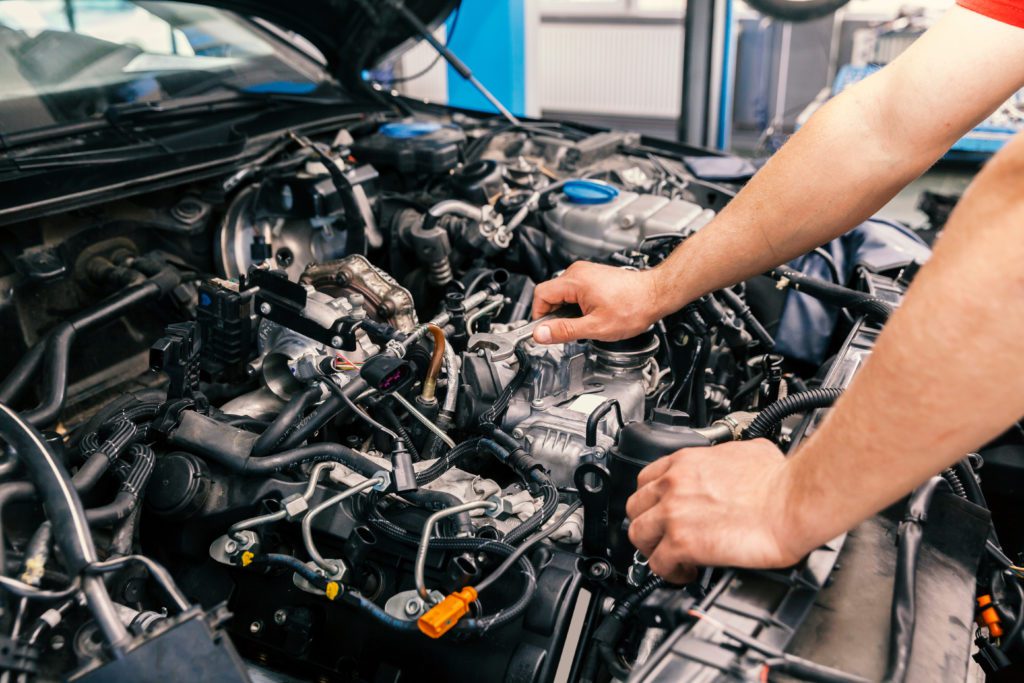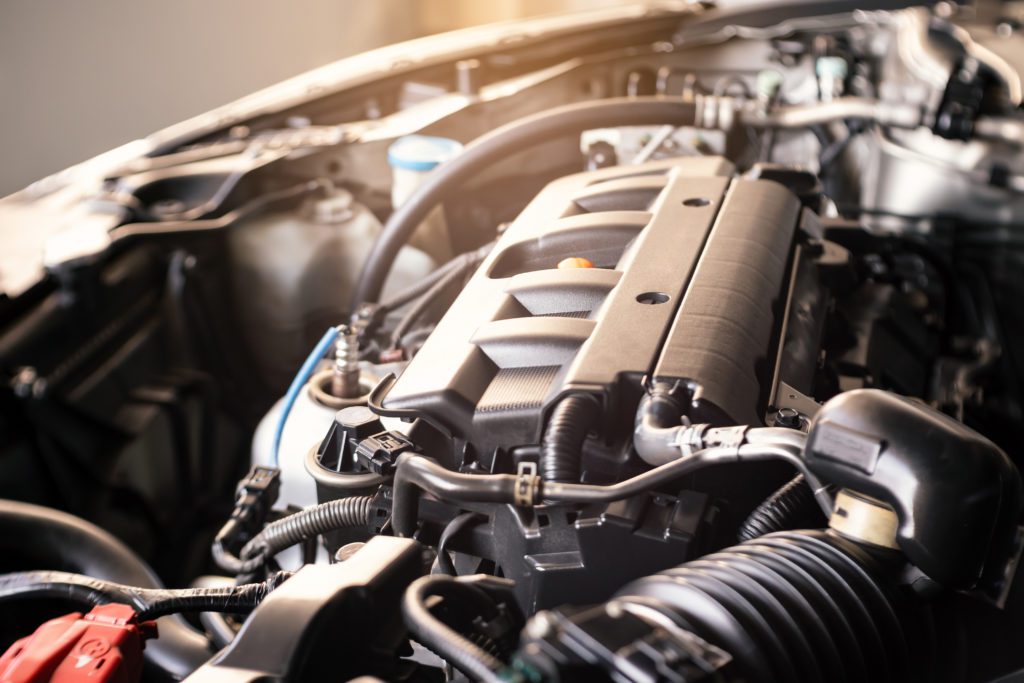
mechanic working on engine repairs, close up
A car engine is analogous to your heart. If you don’t take care of it, it will result in issues that might cost you far more than you could have spent on maintenance. Similar to a human heart, you must feed your car engine with nothing less than the best. When it comes to oil, invest in high-quality engine oil and change it regularly. In short, taking care of your car engine isn’t expensive, but it’s expensive to repair a faulty one.
So, if you’re wondering how you can keep your car engine running as never before, here are some helpful tips:
- Change Engine Oil Regularly
Changing the oil regularly is the least you can do to a car engine to ensure it runs smoothly. Engine oil ensures that all moving parts are properly lubricated to avoid wear and tear as much as possible. Additionally, it traps foreign materials such as dust, dirt, and sediments, preventing them from reaching where they shouldn’t. With that in mind, it’s vital to change the engine oil at least once a month and top it up whenever it hits a low level.
However, you should adhere to the manufacturer’s recommendations when changing the oil to know if you’re changing it too soon or taking too long. Also, the oil filter should always be in good shape to filter junk from the oil.
- Watch Engine Light
An engine light pops when the engine is at risk. While you might ignore it, it’s vital to have the engine checked by a professional mechanic. Though it doesn’t mean that the engine is in great danger whenever it lights, sometimes it can indicate failed exhaust gas temperature (EGT).
Therefore, it’s more beneficial to check why the engine light is on to prevent severe damage to the engine and other components. You might also be interested in reading this post about EGT sensors explained to learn more about their functions.
- Don’t Run On Low Fuel

details of modern car engine with sunlight effect, shallow depth of field
Petrol and diesel contain sediments that settle at the base of the tank. After years of use, these sediments foam crap that shouldn’t get near the engine. Running on low fuel enables the sediments to enter the fuel pump, leading to wear and tear. Instead of wishing for the sediments not to reach your car’s engine, top up the fuel to save yourself repair and replacement costs once the engine stops working.
- Coolant Should Always Be Sufficient
Heat is the greatest enemy of your car engine. When the engine gets too hot, it’s bound to break down, causing engine failure that can be costly to correct. Nevertheless, if the engine doesn’t get hot enough, it stops working as it should and might require too much fuel to warm it up, leading to rough running that, too, can hurt your fuel economy.
Though this issue can result from thermostat problems, checking and maintaining your car’s coolant level won’t hurt. Coolant helps the engine to run under the correct temperature, whether cold or hot. To ensure the coolant remains at required levels, check for leaks since even the tiniest leak can lower the coolant level, leading to engine overheating even before the temperature gauge warns you. Once your automaker recommends you replace or top up the coolant, adhere to the warnings to avoid engine damage. You can also purchase a tester to test whether or not the coolant requires changing or replacing.
- Inspect The Belts
Rubber belts are vital links that keep everything working efficiently when the engine is running. If you notice squeal sounds under the hood, it might be time to replace them. While these belts last long, inspecting if they have cracks or other signs of wear and tear is always right. If the belts break when the engine is running, they can cause severe damage to your engine components.
- Replace Spark Plugs And Wires
The spark plug is like a fire starter. It burns the air-fuel composition in the cylinders. While it lasts for an extended period, the spark plug still requires maintenance to ensure it works as it should, even if it might not require replacement. In most cases, they require cleaning since soot can accumulate around them over time.
Conclusion
A car engine is the backbone of every vehicle. Additionally, it’s the most expensive part of any car. If it isn’t working efficiently, your car will have many mechanical issues that might cost a fortune to repair. That said, ensuring this car part is well taken care of and always in good shape is vital.
Fortunately, you don’t really have to break a bank to maintain your car engine. With effortless maintenance tips like changing the oil and other fluids frequently and heeding warning signs, the engine can last and work efficiently for a long time.

